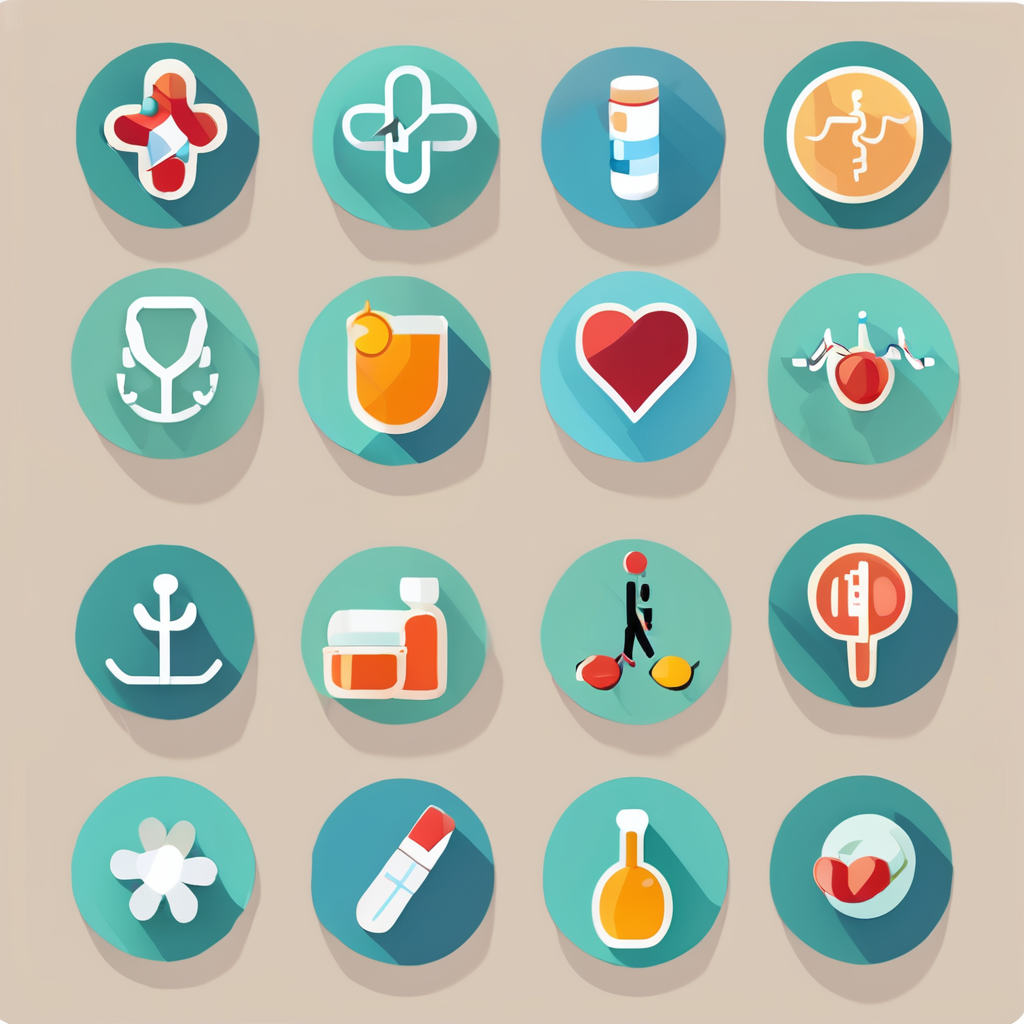In today’s fast-paced world, mental health issues among teenagers have become increasingly common. The pressures of school, social interactions, and personal identity can be overwhelming for many youth. As parents, identifying the signs of poor mental health in your children is crucial. Understanding these signs can empower you to provide the right support and resources, potentially preventing serious issues such as depression or suicide. This article will explore the symptoms of mental health disorders in adolescents and offer practical steps for parents to help their teens navigate these challenges.
Recognizing the Signs of Poor Mental Health
The first step in addressing any potential mental health issue is recognizing the warning signs. Teens experiencing mental health challenges may exhibit a range of behaviors that can indicate distress. These signs can manifest physically, emotionally, or in their social interactions.
In parallel : How can you improve your mental health by incorporating mindfulness practices into your daily routine?
Physically, you might notice changes in your child’s sleep patterns. Are they sleeping too much or too little? Changes in appetite or unexplained weight loss or gain can also be indicators of disorders such as depression or anxiety. Additionally, frequent complaints of headaches or stomachaches without a clear medical cause may suggest emotional distress.
Emotionally, look for signs of irritability, sadness, or withdrawal from activities they once enjoyed. If your teen expresses feelings of worthlessness, hopelessness, or excessive guilt, these could be signs of a more significant issue. Adolescents struggling with mental health might also exhibit heightened levels of anxiety, making them overly concerned about their performance in school or their popularity among peers.
Additional reading : What are the benefits of pet ownership on mental and physical health, and how can you choose the right pet for you?
Socially, changes in behavior such as avoiding friends or family, or a sudden shift in social circles can be alarming. Teens might also engage in risky behaviors, such as substance abuse, which can be a cry for help. Pay attention to any discussions your children have about self-harm or suicide. These conversations should never be taken lightly and require immediate attention.
Understanding these signs is the first step in supporting your youth effectively. By being observant and proactive, you can help foster a healthier environment for your teen.
The Importance of Open Communication
Once you have identified potential signs of poor mental health, fostering open lines of communication is essential. Creating a safe space for your teens to express themselves can significantly improve their willingness to share their feelings and concerns.
Encourage your children to speak openly about their thoughts, feelings, and experiences without fear of judgment. Use open-ended questions to prompt discussion. Instead of asking, “Did you have a good day?” consider asking, “What was the best and worst part of your day?” This approach invites them to share more meaningful insights, allowing you to gauge their emotional state more accurately.
It’s crucial to listen actively during these conversations. Show empathy and validate their feelings. Avoid dismissive comments, as this can discourage your teen from opening up in the future. Instead, acknowledge their feelings by saying things like, “I can see that you are really stressed about school. It’s okay to feel that way.”
Additionally, it’s helpful to share your own experiences and vulnerabilities. Letting your teen know that it’s normal to struggle with feelings or stress can help normalize their experiences. This builds trust and reinforces that it’s okay to seek help when they need it.
Incorporating regular check-ins can also be beneficial. Set aside time each week for a casual conversation about how they are feeling, both emotionally and socially. This consistent practice can create a strong foundation for ongoing support, ensuring your children feel valued and understood.
Seeking Professional Help and Resources
If you notice persistent signs of poor mental health in your teen, it might be time to seek professional help. A mental health professional can provide specialized care and support tailored to your child’s needs.
Start by researching local mental health resources. Many schools offer counseling services or can connect you with community resources. Consider reaching out to your teen’s school counselor, who can be a valuable asset in facilitating the process of finding appropriate help.
When selecting a mental health professional, look for someone who specializes in adolescent mental health. They should be experienced in dealing with issues like depression, anxiety, and other common disorders affecting youth. It is essential that your teen feels comfortable with their therapist, so involve them in the selection process where possible.
Therapy can take many forms, including individual counseling, group therapy, or family therapy. Each method has its benefits, and a professional can help determine the best fit for your teen’s specific situation. In some cases, medication may be recommended to help manage symptoms, especially in cases of severe disorders. Always consult with a qualified psychiatrist for medication management.
Moreover, educating yourself about your teen’s condition can help you provide better support. There are numerous resources available, including books, reputable websites, and support groups for parents of children with mental health challenges. Engaging in these resources can strengthen your understanding and reinforce your ability to support your teen effectively.
Promoting a Healthy Lifestyle and Coping Strategies
In addition to seeking professional help, promoting a healthy lifestyle can significantly impact your teen’s mental well-being. Encourage habits that foster both physical and mental health.
Firstly, prioritize a balanced diet. Nutritional choices greatly influence mood and energy levels. Encourage your children to eat plenty of fruits, vegetables, whole grains, and lean proteins. Limit sugary snacks and junk food, as these can lead to fluctuations in energy and mood.
Secondly, regular physical activity is vital for maintaining mental health. Exercise releases endorphins, which can improve mood and reduce feelings of stress and anxiety. Encourage your teen to participate in sports, dance, or even a daily walk. Find activities that they enjoy, making it easier to integrate exercise into their routine.
Sleep is another critical component of mental health. During adolescence, the body undergoes significant changes, and adequate sleep is essential for emotional regulation and cognitive functioning. Establish a healthy sleep routine by encouraging consistent sleep and wake times, creating a restful sleeping environment, and limiting screen time before bed.
Additionally, teach your teen coping strategies to manage stress. Mindfulness practices, such as meditation, yoga, or deep breathing exercises, can help them regulate emotions and reduce anxiety. Encourage them to explore hobbies or creative outlets, as these can serve as effective stress relievers.
Finally, foster healthy social connections. Help your teens build a supportive network of friends and family. Encourage them to participate in group activities that interest them, whether through school clubs, sports, or community service. Positive social interactions can provide essential support and combat feelings of isolation.
Recognizing poor mental health in teenagers is an essential step in providing effective support. By being observant and engaging in open communication, you can create a safe space for your children to express their feelings. Seeking professional help when needed and promoting a healthy lifestyle can further enhance their well-being. Remember, mental health is just as vital as physical health. As parents, your support can make a significant difference in helping your teen navigate the challenges they face. Together, you can work towards a healthier, happier future.










